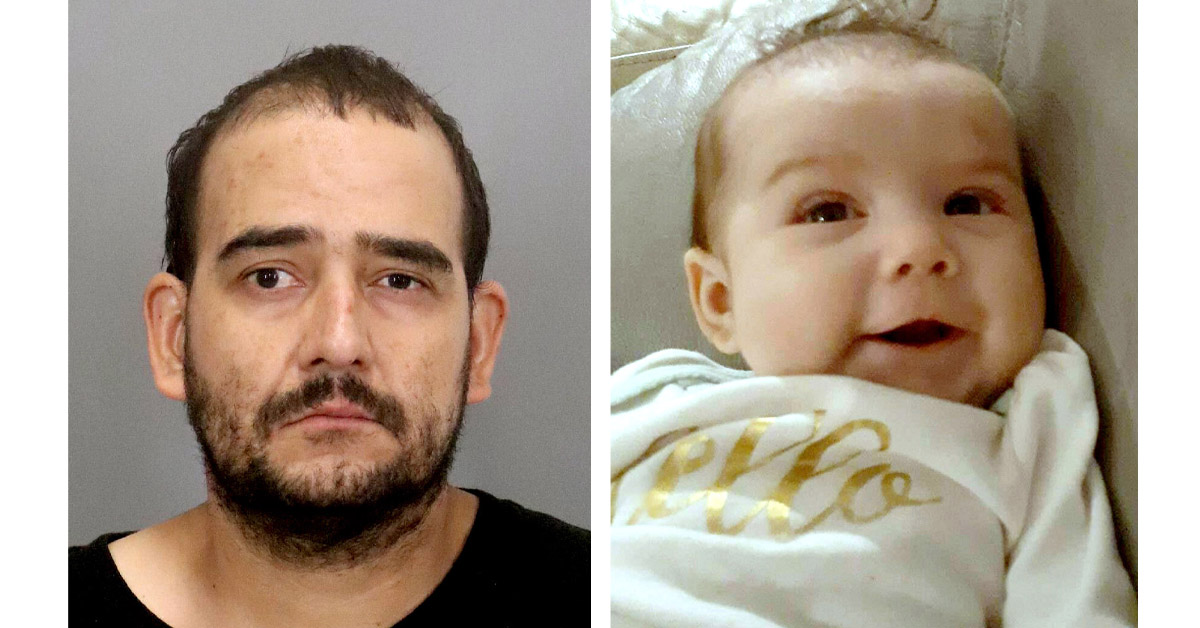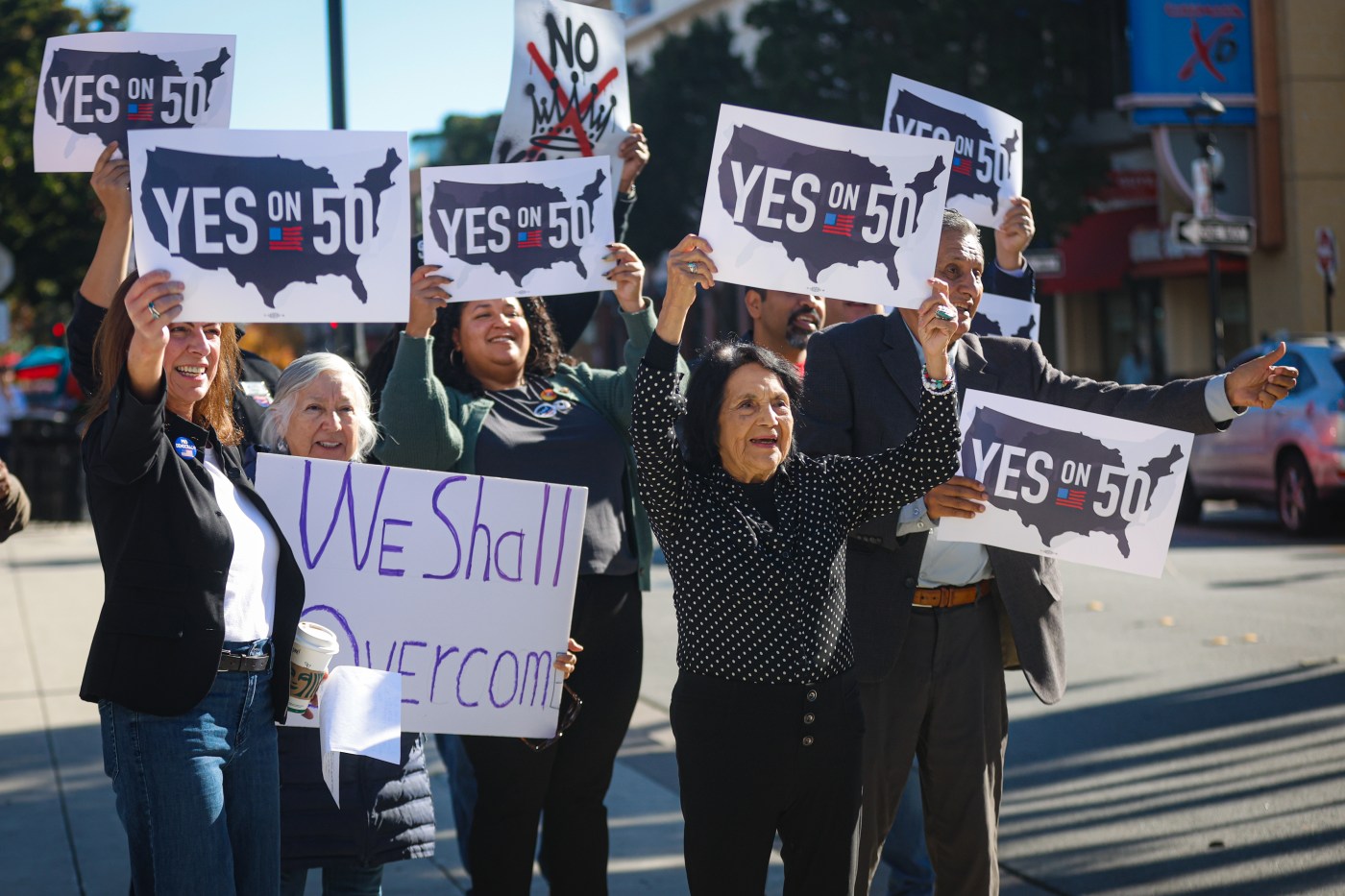Lawyers for Baby Phoenix Castro’s father, facing felony child endangerment charges for her fentanyl overdose death two years ago, are asking the court to allow him to enter a mental health diversion program instead of face a jail sentence — a request prosecutors plan to vehemently fight.
David Castro, with a long history of drug use, has been in Santa Clara County jail awaiting trial since he was arrested in 2023. He had woken up on his living room couch to find his 3-month-old daughter, who had fallen asleep on his chest the night before, face down on the couch unresponsive and not breathing. Her pink-flowered onesie was covered in remnants of fentanyl.
“We’re extremely concerned that if David Castro is granted mental health diversion, that he’ll soon be out of custody and endangering the community with no accountability for causing the death of his child,” said Assistant District Attorney James Gibbons-Shapiro, who also chairs the county’s Child Abuse Prevention Council.
The diagnosis outlined in the defense filing — “adjustment disorder with mixed anxiety and depressed mood” — is not serious enough to consider dropping the charges, which defense lawyers are asking for if he successfully completes the program, he said. And it’s not an excuse for Castro to turn to illegal drugs instead of doctor-prescribed medications, either, he added.
“You have to take several very big leaps to link this kind of a diagnosis to something that would be a significant factor in causing the death of a child,” Gibbons-Shapiro said. “We just don’t accept that someone who’s caused the death of a child in this way by his actions should not be held responsible.”
The May 2023 death of baby Phoenix — and the investigation by the Bay Area News Group that followed — forced a reckoning at the county’s child welfare agency that had released the infant from the hospital into the hands of her drug abusing father despite dire warnings from social worker Matthew Kraft that she could die in his care. Her two older siblings had been taken away from the parents already because of severe neglect, Kraft told superiors, and neither Castro nor his wife had followed through on parenting and drug treatment programs to get their children back.
Earlier this month, at a Child Abuse Prevention Council symposium in Campbell, Gibbon-Shapiro presented Kraft with a “child protector of the year” award.
In the court application for the mental health diversion program filed late last month, Castro’s deputy alternate public defender Mishya Singh wrote that the 39-year-old suffered a difficult childhood. He barely knew his father and his mother was often homeless and drank too much and favored his twin brother, the court file said. Castro survived cancer at 22 and the amputation of his toes, which spurred his drug use, and the suicide of his mother when he was 27, the court documents say. At times, he felt suicidal himself.
“All these critical life events caused distress and impairment in his personal, occupational and social functioning, making it difficult in adjusting after these series of events,” the filing said.
Symptoms of the adjustment disorder diagnosis “were likely present” when his daughter died, the court filing said.
Gibbons-Shapiro countered, however, that the mental health diversion program is more suitable for conditions more serious than Castro’s depression and anxiety. He also said that Castro has not proven to be a good candidate for a voluntary rehabilitation program, especially because “his failures to do the things to get his other children back are a big part of that story.”
The alternate defender’s office representing Castro did not respond to a request for comment. Gibbons-Shapiro said his office planned to file a formal response to the mental health diversion application next week. A hearing would be scheduled after that.
Baby Phoenix’s death and the revelation that the social worker’s warnings were ignored led to an overhaul of the county’s Department of Family and Children’s Services, which was also under investigation by the state Department of Social Services. Agency Director Damion Wright left the agency in January after social workers rebelled against his leadership and the county’s Board of Supervisors monitored a major reorganization of the agency.





